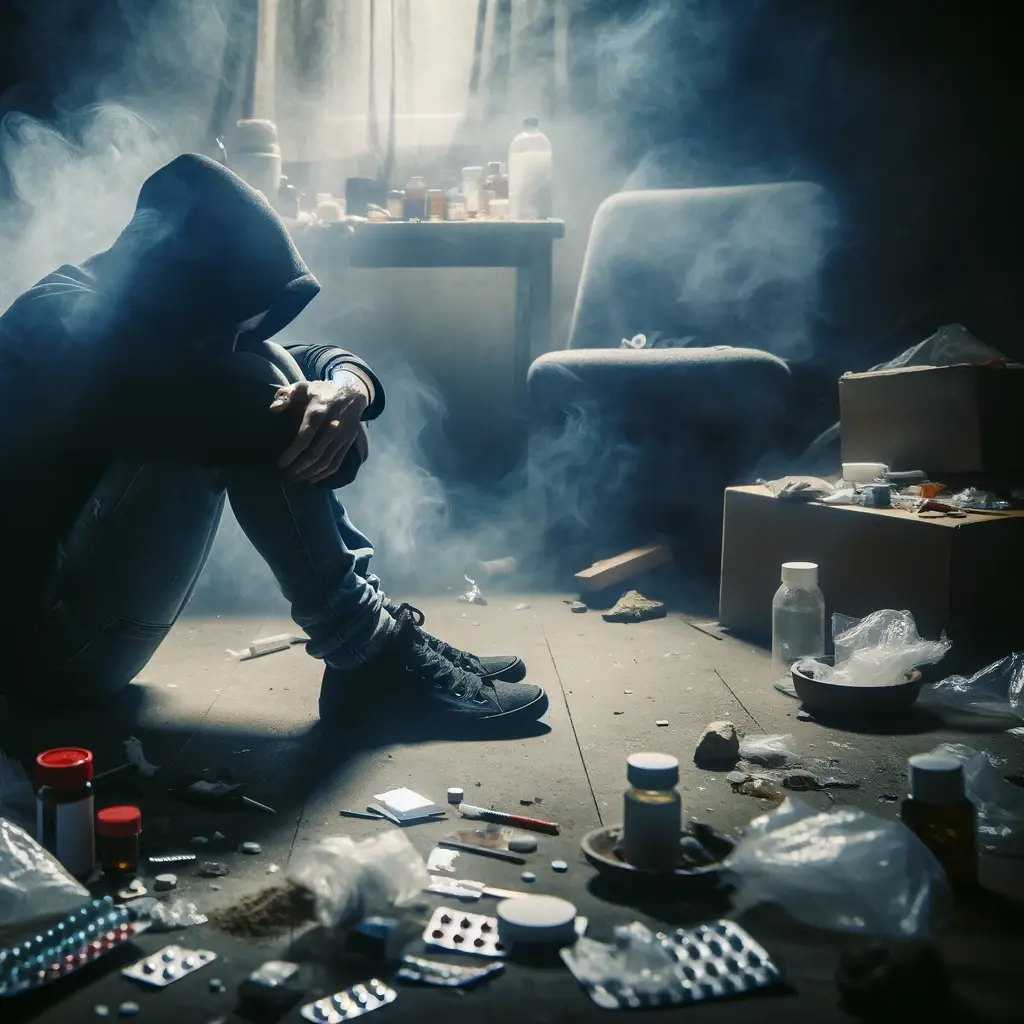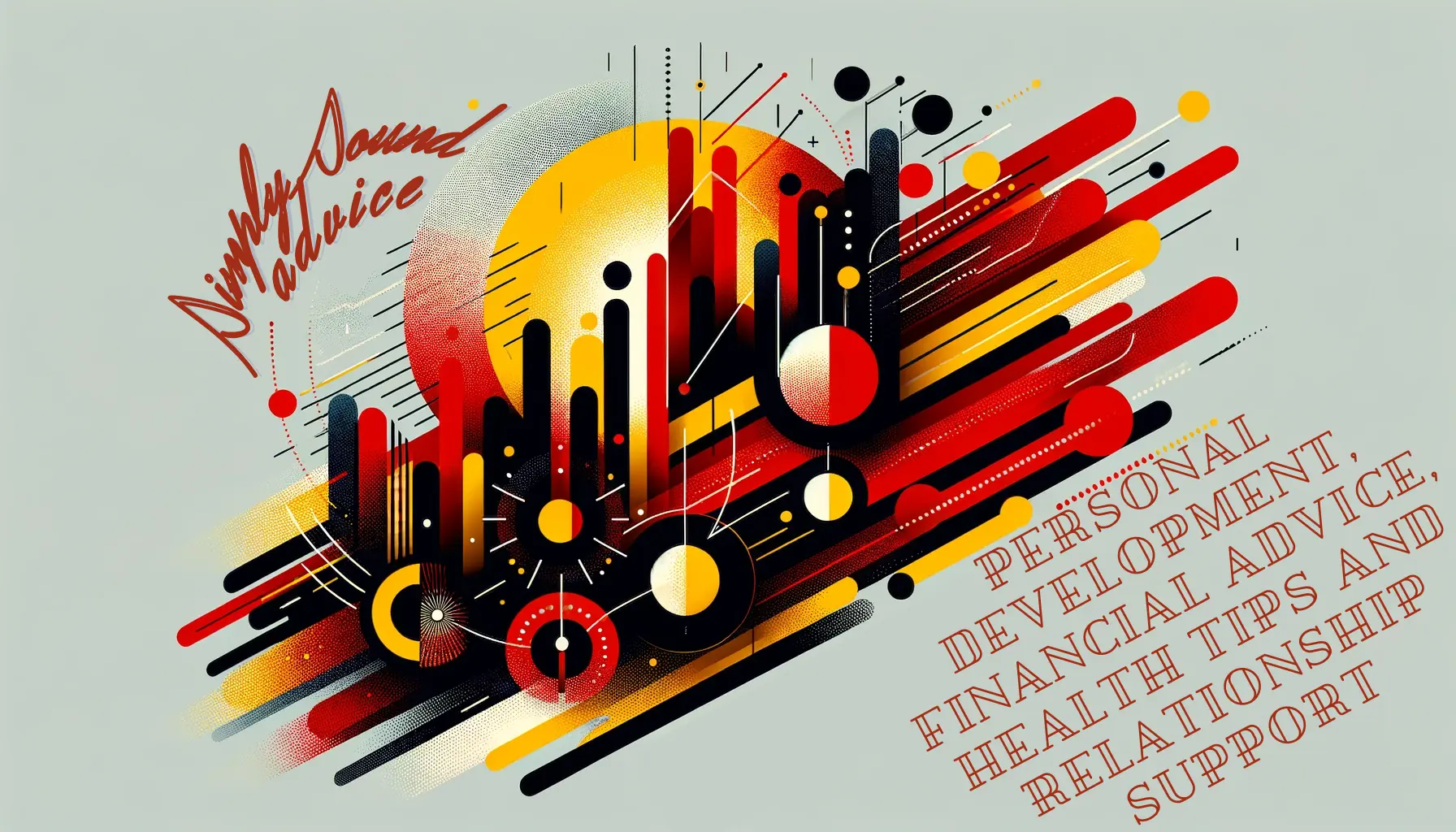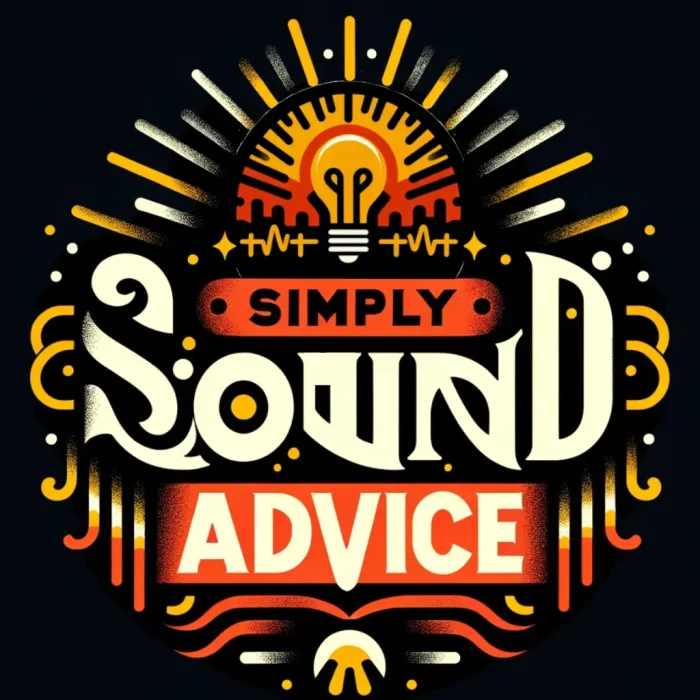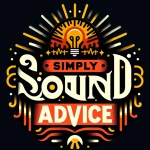Introduction to My Journey to Addiction Recovery
In one of my last posts (read here: Breaking Free: A Journey Through Addiction and Recovery and A Story of Resilience and Redemption: The Journey of Travis Anthony Paiz), I opened up about my battle with addiction—a dark chapter in my life that was fraught with pain, despair, and regret. Sharing that story was both cathartic and daunting, but the support and empathy I received from all of you made it worthwhile. Today, I want to share the next part of my journey: the road to recovery, the lessons learned, and how I found hope and healing. My hope is that my story can inspire and guide others who might be walking a similar path.
We also have a great tool for celebrating your sobriety journey: Virtual Sobriety Chip: #1 Addiction Recovery Milestone Tool

The Turning Point in My Life of Substance Abuse
Every journey to recovery begins with a moment of clarity and honesty—a turning point where the need for change becomes undeniable. For me, that moment came one bleak evening when I found myself alone, homeless, contemplating the wreckage of my life. I was overwhelmed by the realization that I was on the brink of losing everything I held dear—my family, my dignity, and even my life. It was a sobering moment, one that cut through the fog of addiction and made me see the stark reality of my situation. I had given too much of myself to the substances and it was finally time to take my life back.
I truly hit rock bottom, which forced a need for change. A lot of times, addiction is more powerful than your wants; some literally need to get to a point where they cannot keep doing the same thing over and over again. That is precisely what happened to me. I lost my job, I lost my girlfriend, I lost my apartment. I was literally sleeping in my car when it was cold and in a tent when it was hot. That was no way to live.
I remember sitting in my dimly lit tent, the weight of my choices pressing down on me. The silence was deafening, filled only with the echoes of missed opportunities and broken promises. I knew then that I couldn’t continue down this path. I needed help, and I needed it urgently. That is when I decided that I had enough of the life I was leading, in constant turmoil. I called my mother and crashed at her house for a few months to recover and get back on my feet.
Recovery was awful—the withdrawals, the constant nagging of your brain for a fix. It was not a pleasant experience, to say the least. Recovery is one of the most challenging obstacles I have ever faced. I literally felt like I was dying, and if it weren’t for my mother and the safe space she created, I would have been lost. Treatment centers can work well too, but the decision to truly receive help has to be up to the addict. No one gets clean by being forced to go to treatment.
If you have ever watched the show Intervention, you would understand. I know this first hand. So many loved ones used to plead with me with tears running down their faces, saying things like, “We don’t want to have to bury you,” and “We love you, why don’t you love yourself?” Guilt trips do not work, in my experience; they make an addict feel caged in and they may push back even harder in opposition. Dealing with an addict is no picnic, believe me.

Finding Support in Friends, Family and Professional Help
Admitting that I needed help was the first, and perhaps the hardest, step. But once I did, I found that support was available in many forms. My first call was to my mother, who has been through a lot in her life and understands tribulations most couldn’t comprehend, and then a close friend who had been through a similar struggle. Their empathy and understanding were a lifeline to me in my darkest hour. They introduced me to a local support group where I found a community of individuals who had faced and overcome addiction. It was actually just a Reddit group that I found helpful. It does not always need to be traditional treatment in order for it to work. Picking the best method of treatment for you is super important; it needs to truly resonate with you. Doing it yourself, like I did, is often times harder for people, hence why treatment centers exist.
I also sought professional help. Counseling sessions provided me with the tools to understand the root causes of my addiction. Through therapy, I learned to cope with my emotions in healthier ways and to rebuild my self-esteem. I really benefited a great deal from unloading all of my thoughts and feelings that I had been bottling up for the previous ten years and even longer. My mother always instilled in me to be honest and open with my feelings and talk with trusted people about them, but did I listen? Do kids ever really listen?

The Recovery Process Through My Experience
Recovery is not a linear path; it is fraught with challenges and setbacks. There were days when the urge to relapse was overwhelming, but with the support of my family, friends, and counselors, I managed to stay on track. Jessica, my amazing wife, stood by me through every hurdle, offering unwavering support and love. My boys, Xavier and Remington, were my constant reminders of why I needed to keep pushing forward even after being in recovery for years. You still need to find the motivation to keep going; I know people who relapse after twenty years because they lost whatever motivation was once driving them.
I adopted new habits to replace the old ones. Exercise became a crucial part of my routine, helping me to channel my energy positively and improve my mental health. I also found solace in writing and sharing my experiences with others, which not only helped me process my emotions but also allowed me to connect with others who were struggling. I also had to form new bonds with people other than my group of friends at the time. It seems harsh, but cutting off negative influences, even if they aren’t inherently bad, is a major step to recovering from the afflictions of addiction. You see, being in a familiar place and headspace as you were when you used is not good for your goals. It can cause unnecessary setbacks and have even cost some users their lives.

Life After Addiction
Life after addiction is a world transformed. The haze of substance abuse lifted, revealing a landscape of possibilities and new beginnings. I reconnected with my passions and interests, and most importantly, I rebuilt my relationships with my loved ones. Since being clean, my relationship with my parents and other family members has improved significantly, and my relationship with my wife absolutely flourished. Like I said, my biggest motivators are my children. Xavier and I, despite our occasional struggles, have found common ground and a deeper understanding of each other. Remington’s laughter and innocence are constant sources of joy and motivation. Without their constant reminders, some days I would be lost, even now, occasionally.
The journey of recovery has also taught me the value of self-forgiveness and acceptance. I no longer see myself as a person defined by past mistakes, but as someone who has the strength to overcome them. This shift in perspective has been crucial in maintaining my sobriety and mental well-being. I used to be so hard on myself, most likely due to still being stuck in the mud, so to speak. I had to do a lot of growing after emotionally stunting myself for so many years.

Lessons Learned from Addiction and Recovery
Through this journey, I’ve learned several invaluable lessons. First and foremost, it’s okay to ask for help. No one should have to face addiction alone. Secondly, recovery is a marathon, not a sprint. Patience and persistence are key. There will be tough days, but each day sober is a victory.
I’ve also learned the importance of building a support network. Surrounding yourself with people who understand and support your journey can make a significant difference. Lastly, self-care is not selfish; it is essential. Taking time to nurture your mental, physical, and emotional health is crucial for long-term recovery.

Finding Hope in Recovery from Addiction
To anyone reading this who is currently struggling with addiction, I want you to know that there is hope. Recovery is possible, and it is worth every ounce of effort. You are not alone. Reach out for help, whether it’s through friends, family, or professional resources. There are countless organizations and support groups ready to assist you on your journey to sobriety.
If you or someone you know needs help, consider reaching out to the following resources:
- National Helpline for Substance Abuse
- SAMHSA’s National Hotline: 1-800-662-HELP
- Alcoholics Anonymous
- Narcotics Anonymous
Remember, the road to recovery is not easy, but it leads to a life of freedom, joy, and fulfillment. Keep moving forward, one step at a time, and never lose sight of the dawn that follows the darkest night.
What about you? Have you or someone you know faced similar challenges? How did you find hope and support in your journey? Share your stories and insights in the comments below—let’s build a community of strength and encouragement.
Together, we can change lives, one story at a time.

Frequently Asked Questions (FAQs) about Addiction Recovery
1. What is addiction?
Addiction is a complex, chronic disease that affects the brain and behavior. It involves the compulsive use of substances despite harmful consequences. Addiction can be to drugs, alcohol, or behaviors such as gambling. It significantly impacts an individual’s physical and mental health, relationships, and daily life.
2. How can I tell if I or a loved one has an addiction?
Signs of addiction include:
- Inability to stop using a substance or engaging in a behavior despite wanting to
- Neglecting responsibilities at work, school, or home
- Experiencing withdrawal symptoms when not using the substance
- Increasing tolerance, requiring more of the substance to achieve the same effect
- Spending a lot of time obtaining, using, or recovering from the substance’s effects
If you suspect you or a loved one has an addiction, consider seeking professional help for an assessment.
3. What are the first steps to recovery from addiction?
The first steps to recovery include:
- Acknowledging the addiction and the need for help
- Seeking professional support, such as a doctor, therapist, or addiction counselor
- Exploring treatment options, which may include detoxification, rehabilitation programs, support groups, and therapy
4. What types of treatment are available for addiction?
Treatment options for addiction vary and can include:
- Detoxification (Detox): Medical supervision to manage withdrawal symptoms
- Inpatient Rehabilitation: Residential treatment with intensive therapy and support
- Outpatient Programs: Treatment that allows patients to live at home while attending therapy sessions
- Counseling and Therapy: Individual, group, or family therapy to address underlying issues and develop coping strategies
- Medication-Assisted Treatment (MAT): Medications to manage withdrawal symptoms and reduce cravings
- Support Groups: Peer support through groups like Alcoholics Anonymous (AA) and Narcotics Anonymous (NA)
5. How long does recovery take?
Recovery is a lifelong process that varies for each individual. Initial treatment programs may last from a few weeks to several months, but ongoing support and aftercare are crucial for maintaining sobriety. Long-term recovery involves continuous self-care, support, and management of triggers and cravings.
6. What are common challenges faced during recovery?
Challenges during recovery can include:
- Withdrawal Symptoms: Physical and psychological symptoms that occur when stopping substance use
- Cravings: Intense desires to use the substance again
- Relapse: Returning to substance use after a period of abstinence
- Mental Health Issues: Co-occurring disorders such as depression or anxiety
- Social Pressures: Temptations and influences from social circles or environments
7. How can I prevent relapse?
Relapse prevention strategies include:
- Developing a Support Network: Building relationships with supportive friends, family, and peers in recovery
- Identifying Triggers: Recognizing and avoiding situations, people, or environments that trigger cravings
- Creating a Routine: Establishing a structured daily routine with healthy activities and self-care practices
- Continuing Therapy: Ongoing counseling or therapy to address underlying issues and strengthen coping skills
- Joining Support Groups: Participating in regular support group meetings for encouragement and accountability
8. How can family and friends support someone in recovery?
Supportive actions include:
- Educating Themselves: Learning about addiction and recovery to understand the challenges faced
- Being Patient and Compassionate: Offering non-judgmental support and encouragement
- Encouraging Treatment: Supporting their loved one’s treatment plan and attending family therapy sessions if available
- Avoiding Enabling: Not providing substances or shielding them from the consequences of their actions
- Taking Care of Themselves: Ensuring their own well-being to be able to provide effective support
9. Are there resources for specific groups, such as teenagers or veterans?
Yes, there are specialized resources for different groups:
- Teenagers: Programs like Teen Rehab, SAMHSA’s National Helpline, and local youth counseling services
- Veterans: The U.S. Department of Veterans Affairs (VA) offers various programs, including the Veterans Crisis Line and substance use treatment services
- Women: Organizations like Women for Sobriety and gender-specific rehab programs
- LGBTQ+ Individuals: Programs like the LGBTQ+ National Helpline and LGBTQ+-friendly rehab centers
10. Where can I find reliable information and support for addiction recovery?
Reliable resources include:
- Substance Abuse and Mental Health Services Administration (SAMHSA): Provides a National Helpline (1-800-662-HELP) and various resources for treatment and support.
- National Institute on Drug Abuse (NIDA): Offers research-based information on addiction and treatment.
- Alcoholics Anonymous (AA): Provides support groups and resources for alcohol addiction.
- Narcotics Anonymous (NA): Offers support groups for drug addiction.
- SMART Recovery: Provides a science-based addiction recovery program and meetings.
Recovery is a personal and ongoing journey. By seeking support, developing healthy habits, and remaining committed to sobriety, a fulfilling and substance-free life is achievable. If you or someone you know is struggling with addiction, reach out for help and take the first step towards recovery.















